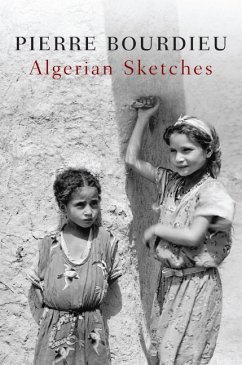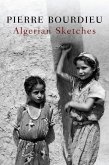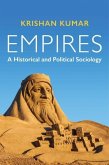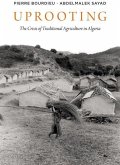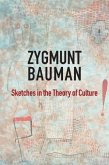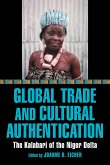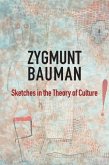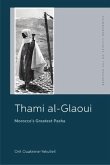In the late 1950s, like tens of thousands of young men of his generation, Pierre Bourdieu, having recently passed the agrégation in philosophy, found himself immersed in the Algerian war. Motivated by an impulse that, as he himself says, 'was civic rather than political', nothing seemed more important to him than to understand the Algerian situation and provide the elements that would enable others to come to an informed judgement about it. In extremely tough conditions and along with a small group of students, Bourdieu undertook a series of studies across an Algeria that was tightly patrolled by the army, leading him to discover the shocking reality of the resettlement camps and to analyse the mechanisms of destruction of Algerian society of which they were emblematic. To achieve the objectives he had set himself, Bourdieu had to carry out a genuine intellectual conversion, acquiring an ethnographic understanding of Algerian society, learning sociological analysis at a breakneck pace and inventing new instruments - both theoretical and empirical - that would enable him to understand the relations of domination specific to colonialism. These new tools also enabled him to analyse the nature of the crisis that the war had both produced and manifested. This unique volume brings together the first texts written by Bourdieu in the midst of the Algerian conflict, as well as later writings and interviews in which he returns to the topic of Algeria and the decisive role it played in the development of his work.
Hinweis: Dieser Artikel kann nur an eine deutsche Lieferadresse ausgeliefert werden.
Hinweis: Dieser Artikel kann nur an eine deutsche Lieferadresse ausgeliefert werden.

